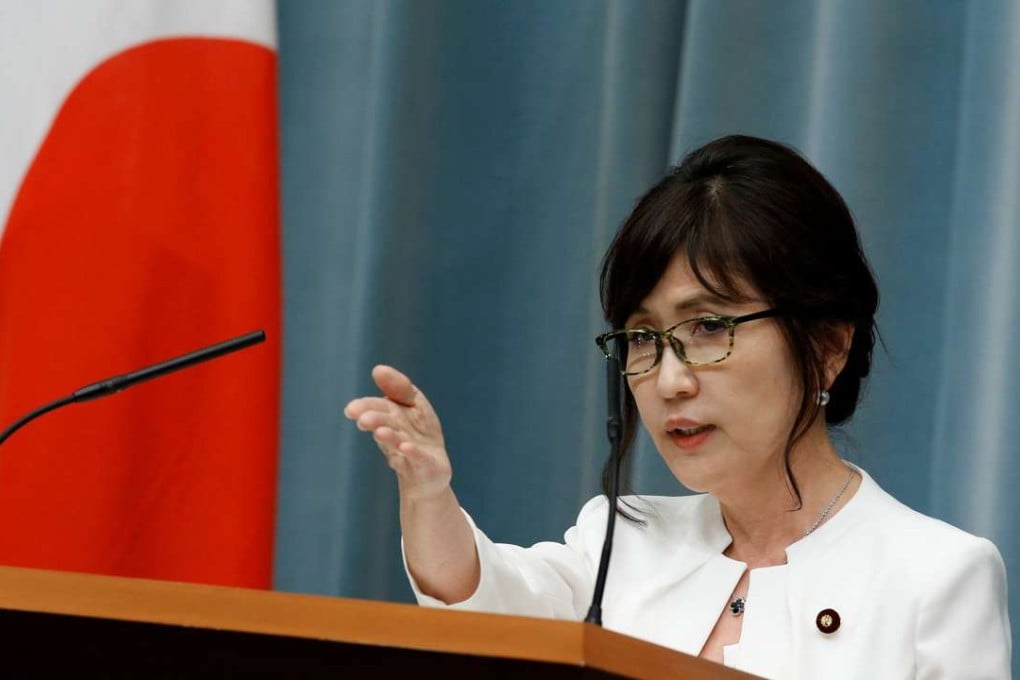Abe is clearly on a mission to amend Japan’s constitution, despite pledges to put the economy first
Kevin Rafferty says with polls showing most Japanese are against constitutional reform, the prime minister should think twice before messing with popular fears

Japanese Prime Minister Shinzo Abe’s appointment of the strongly nationalist Tomomi Inada to the key and sensitive post of defence minister can hardly be reassuring either to Japan’s neighbours or to the majority of Japanese who don’t want to change the country’s long-revered constitution. A small test will be whether Inada visits the Yasukuni Shrine in the next week to honour the country’s war dead, as has been her wont.
But her appointment and political gossip that she is being lined up to succeed Abe when his term expires in 2018 – unless he changes the rules to be able to continue in office – suggest Abe and friends are hell-bent on amending the constitution, in their eyes a humiliating imposition by the victorious US forces.

Abe reshuffles Cabinet, picks controversial hawkish Inada as defence minister
The LDP fell just short of such a majority in the upper house, but can comfortably count on allies to achieve that. Immediately after the results came in, Abe declared: “The nation has given me a powerful mandate to further accelerate Abenomics.”
But he changed his tune the next day, claiming it was his “duty” as LDP leader to revise the constitution. “We have always set a goal of revising the constitution,” he said. “That is my duty.”

Equally important, Abe ’s constitutional vision is impaired. Inspired by his grandfather, wartime minister and post-war prime minister Nobusuke Kishi, Abe wants to make Japan “normal” again; but that normality is the normal of the imperial 1930s. No wonder that Japan’s neighbours, including South Korea and China, are sounding alarm bells.